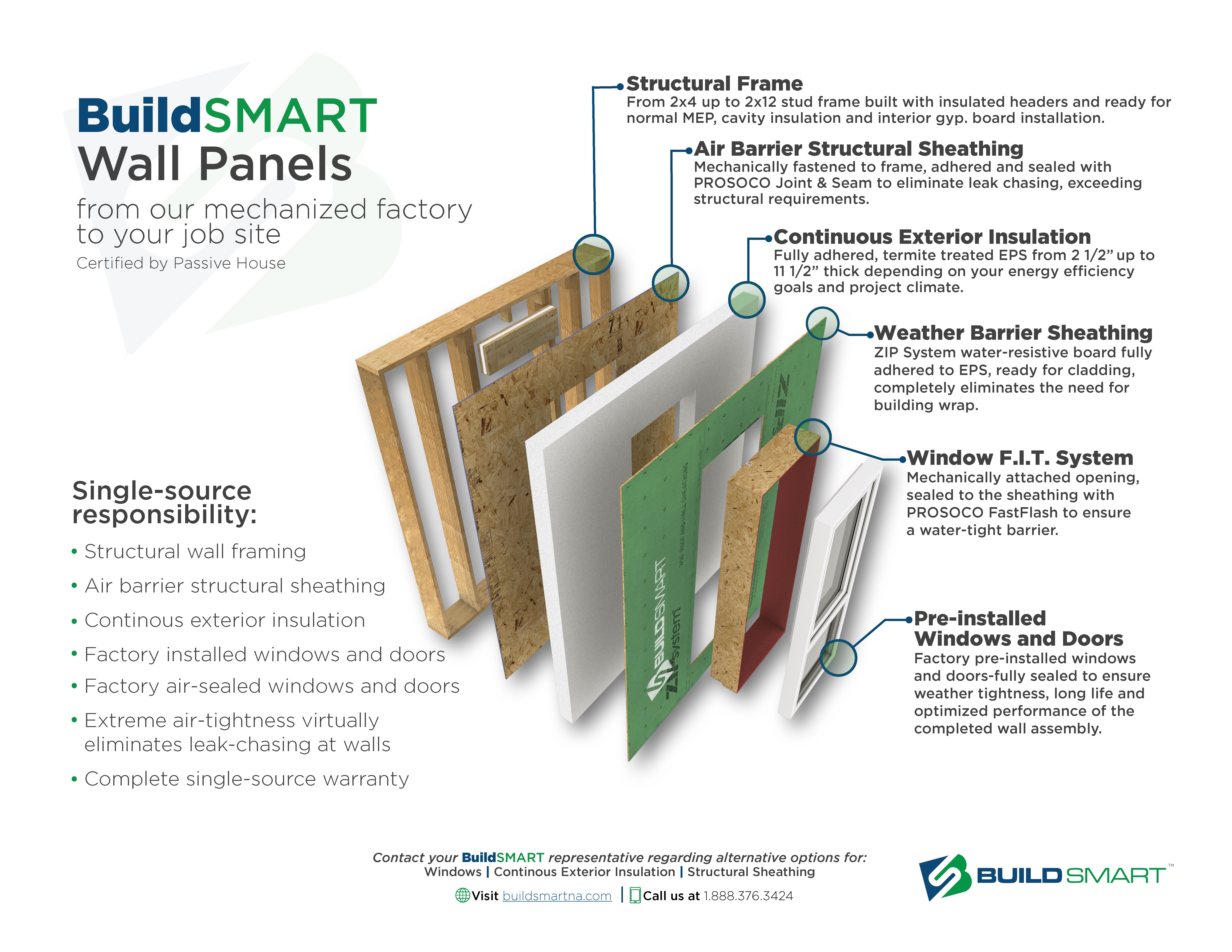Exterior Wall Thickness Siding

Minimum plywood thickness the international residential code specifies 3 8 inch plywood for sheathing walls with a standard stud spacing of 16 inches if the siding is nailed to the studs through.
Exterior wall thickness siding. Vinyl siding comes in several grades and thicknesses. This includes both labor at roughly 700 and materials at roughly 300. According to the standards of the american society for testing and materials vinyl siding should not be thinner than 0 035. Interior walls in older construction may differ.
Metal exterior wall panels offer the ability to vertically align each of the siding panels to create appealing sight lines. How to install gypsum exterior wall sheathing. Exterior wall sheathing is either structural or non structural. Structural exterior wall sheathing ties framing studs together making the walls resistant to twisting and bending.
Exterior wall thickness depends on siding material. Installation cost roughly 1 000 when complete. Exterior wall thickness varies depending on the exterior finish siding and brick facing. Although it can vary by manufacturer a higher grade vinyl will typically cost more.
The nominal dimension of 2 by 4 inches refers to the size of green rough sawn studs. Drying and planing reduce the finished size to the current standard of 1 5 by 3 5 inches. Exterior wall sheathing strengthens the wall system provides a nailing base for the siding and gives a layer of protection against outside elements. Gypsum exterior wall sheathing costs.
The recommended maximum is 12 inches. Using traditional panels like ultra batten which creates a board batten look or a newer more modern siding panel like shiplap wall provides homes with a variety of appearances. Exterior walls are a 2x4 3 1 2 inches thick with 1 2 drywall on the interior and then the exterior covering which can vary in thickness depending on type.














































